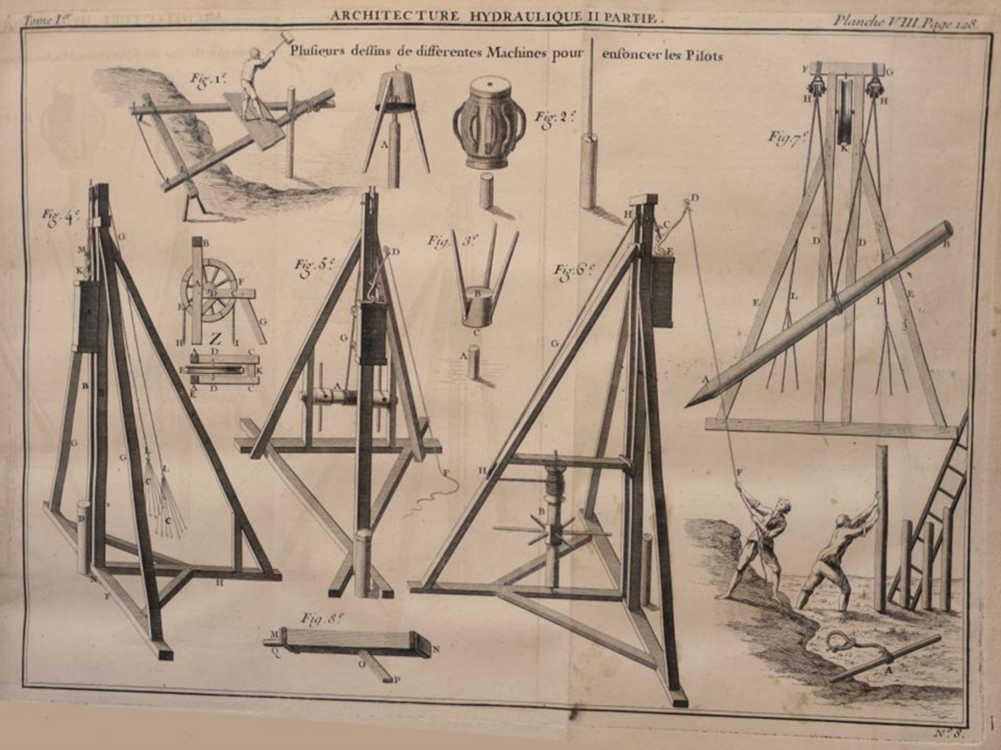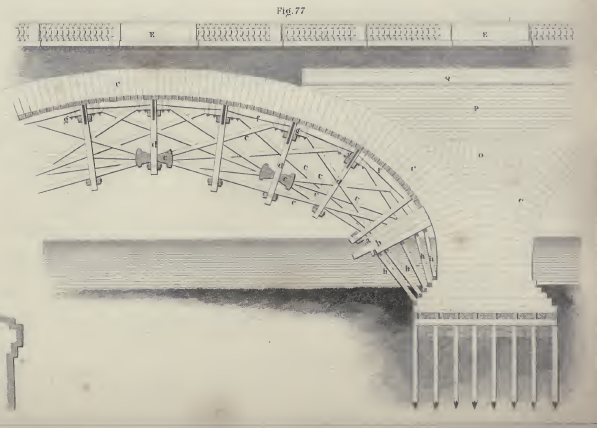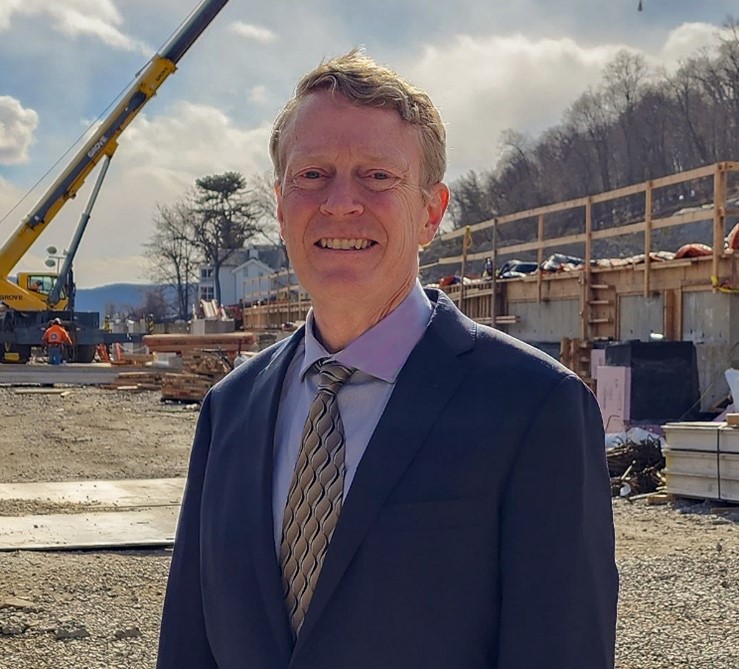Meeting Sponsorship Opportunities

Table Top Sponsor - $100 - Table signs with your company logo on each dinner table (Please sign up for this 1-2 weeks before the meeting to allow time for CSCE to finalize & order the signage)
Flyer Sponsor - $250 - Your company logo on event promotional emails and upcoming events flyer distributed at dinner meeting (Please sign up for this 1-2 weeks before the meeting to allow time for CSCE to finalize & order the signage)
Promotional Item Sponsor - $500 - Your company logo will be included on a promotional item that will be distributed at the dinner meeting (Please sign up for this 3-4 weeks before the meeting to allow time for CSCE to order the item)
Social Hour Sponsor - $1,000 - Your company logo will be included on meeting promotional material and signage recognizing your sponsorship will be displayed at the social hour (Please sign up for this 1-2 weeks before the meeting to allow time for CSCE to finalize & order the signage)
When
Tuesday, April 18, 2023 from 5:15 PM to 9:00 PM EDT
Add to Calendar

Contact
Amy Petrone
If registration is closed, please send an email to csceinfo@gmail.com to see if there have been any last minute cancellations.
860-879-2723
csceinfo@gmail.com
April 18, 2023 CSCE Monthly Dinner Meeting
Attendees may earn 1 New York State Professional Development Hour (NYS PDH) at this event.
Please join CSCE at our monthly meeting at the U.S. Coast Guard Academy in New London, CT, on Tuesday, April 18, 2023. At this meeting, Dr. J. Ledlie Klosky, Ph.D., P.E., Professor of Civil Engineering and Dean's Executive Agent for Design and Construction, in the Department of Civil and Mechanical Engineering at the United States Military Academy in West Point, NY, will give a presentation on Engineers in Action: The Founding of American Civil and Military Engineering. The meeting co-sponsors are the CSCE Government Engineers Committee and the ASCE Student Chapter at the U.S. Coast Guard Academy.
At the outbreak of the American Revolution, there were far too few American military engineers — some might say none; it is difficult to overstate the debt owed by the Continental Army to the French and other foreign military engineers, largely volunteers, who provided essential support during a pivotal period in history. Equally important is the influence of the French scientific approach during the growth of American engineering practice in the early 19th century. Influential engineers and educators such as Duportail, Crozet, and Mahan were educated in French schools, and the methods they learned played an important role in the founding of the engineering program at West Point as well as early American engineering and construction practice. The resulting union of the French scientific theory, British methodology, and American need, seen clearly in the blooming of a new kind of engineering education at West Point, resulted in a unique combination of immigrant and home-grown engineers building the new nation.

Image above from Belidor, Bernard Forest de. Architecture Hydraulique. Ill vols. 1750. Collected by Ben Franklin in the mid-1700s and now in the West Point Special Collections
This presentation will trace the beginnings of formal engineering practice and military construction in the United States from the coming of the French engineers to the establishment of the Army Corps of Engineers and West Point, early American engineers and professors, and the strong connection between French and American engineering education in the early 19th century. The capstone to the early growth of engineering as a discipline in the United States came with the founding of the American Society of Civil Engineers in 1852.

Image above from, An Elementary Course of Civil Engineering, Denis H Mahan, 1838 - Mahan was a long-time professor at West Point and prominent engineer and educator in the 1800s.

J. Ledlie Klosky, Ph.D., P.E., Professor of Civil Engineering, Dean’s Executive Agent for Design and Construction, Department of Civil and Mechanical Engineering, United States Military Academy, West Point, NY
Dr. Led Klosky is a professor of civil engineering in the Department of Civil and Mechanical Engineering at West Point; he also serves as the Dean’s Executive Agent for Design and Construction for the renovation and upgrade of the academic enterprise at West Point, an ongoing investment that includes new construction and will ultimately exceed $1B. He received a B.S. and M.S. from Virginia Tech in civil engineering and a Ph.D. in civil engineering from the University of Colorado at Boulder, specializing in geotechnical engineering and construction management. Led teaches courses on infrastructure, geotechnical engineering, mechanics, and other civil engineering topics; prior to that he worked on petrochemical projects large and small for Fugro Geosciences on the Gulf Coast of TX and LA. An experienced practicing engineer, scholar, educator, and university administrator, Led is a past winner of ASEE’s National Outstanding Teaching Medal and works and writes in the areas of infrastructure, engineering education, innovation, and envisioning the future Army; he is also closely involved with strategic planning at the Academy, especially facilities and infrastructure. Dr. Klosky’s experience includes 20 years as a member of the Planning Board for the Town of Cornwall, a Hudson Valley community of about 13,000 where he resides with his wife and 2 children and is an active soccer player.